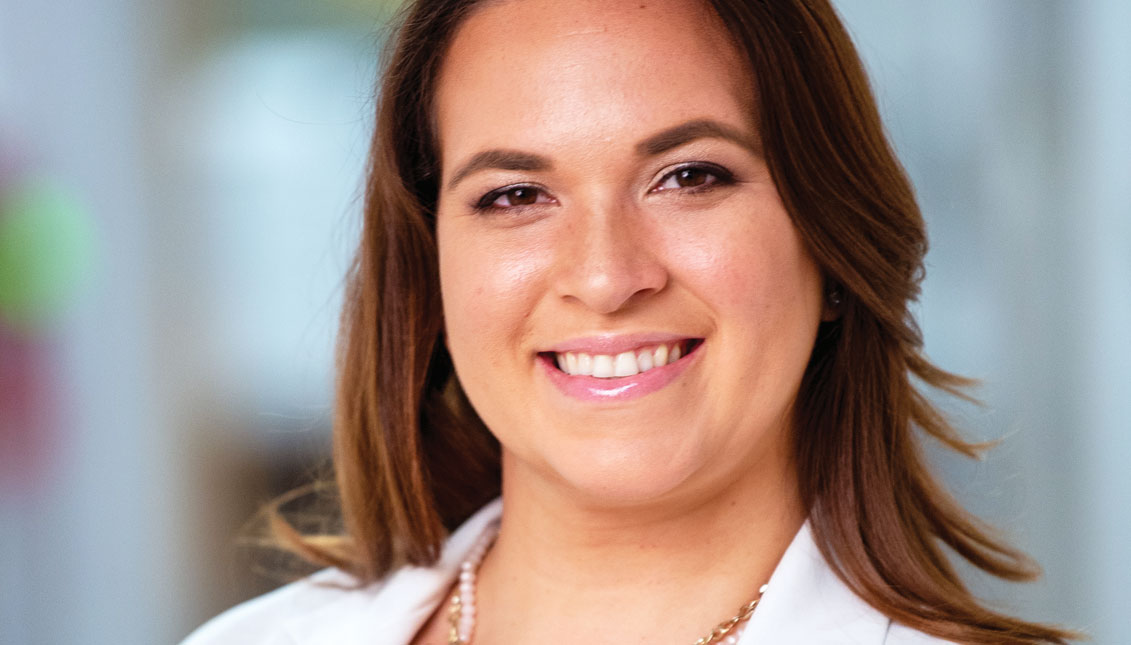
The Importance of Breastfeeding in the Latinx Community
Dr. Ayala-Crespo tells us about its benefits and why it is essential to breastfeed from day one.
In 2011, the U.S. Breastfeeding Committee declared the month of August as National Breastfeeding Month, a time to “improve the Nation’s health by working collaboratively to protect, promote, and support breastfeeding.”
Today, 83% of infants receive breast milk at birth, but many women in the Latinx community choose to delay breastfeeding their newborns until the milk comes in. This decision comes as a consequence of a belief that there are not enough nutrients for a baby right after birth.
Dr. Arleen Ayala-Crespo, an obstetrician-gynecologist at Temple Health, hopes to change this perception.
“If a mother chooses to breastfeed as the way to feed her child, getting that baby latched early is super important,” she tells AL DÍA.
She explains that colostrum is the first food produced by the breast in the early 2-3 days. It’s a thick yellow fluid full of antibodies. These antibodies protect the intestines of the baby and boost the immune system.
Colostrum helps all babies, but especially those who are premature, to have better outcomes. Often referred to as “liquid gold” because of its deep yellow color and properties, this first milk is full of proteins, fats, and nutrients that are the right food source for the baby.
La Leche League, an international organization supporting women to breastfeed, through education, encouragement, and information describes colostrum as a “powerful food.”
Additionally, breastfeeding after birth is valuable for the relationship between the mother and her new baby.
Dr. Ayala-Crespo says that the way to encourage more Latinx mothers to nurse right after birth is to “respect that first hour of skin to skin, which is so important in bonding and establishing that breastfeeding relationship.”
She says that prenatal education and support in the hospital – from trained lactation consultants to nurses – can help more Latinx women to get off to the best start with breastfeeding.
In a study titled Reasons why women do not initiate breastfeeding: A Southeastern State Study, Latina women commonly stated that they were not taught how to breastfeed by hospital staff.
RELATED CONTENT
Dr. Ayala-Crespo makes it her mission to give women prenatal education and make sure her patients understand how to breastfeed best.
But she explains, for Latinx women to truly start nursing right after birth, the idea around formula needs to change.
She explains that there was a shift in the mothers’ education a few generations ago. During this time, the formula was introduced and marketed so well that many mothers stopped or never tried to breastfeed.
“These are our mothers. I think our patients may be hearing to just give formula and are not able to be supported within their own families or communities,” she argues.
And maybe the solution is only one: education.
According to the World Health Organization, measures to better inform pregnant women about the benefits of breastfeeding and helping mothers initiate breastfeeding in the first hour after birth and rooming-in is a good first step.
Dr. Ayala-Crespo has hope for the future of breastfeeding in the Latinx community.
“I think as we continue to educate our mothers in the benefits of breastfeeding and more moms breastfeed, there will be a shift, and we will start seeing more support within our own communities,” she concludes.
To schedule an appointment with a Temple Ob/GYN call 800-Temple-Med or request an appointment online.










LEAVE A COMMENT: